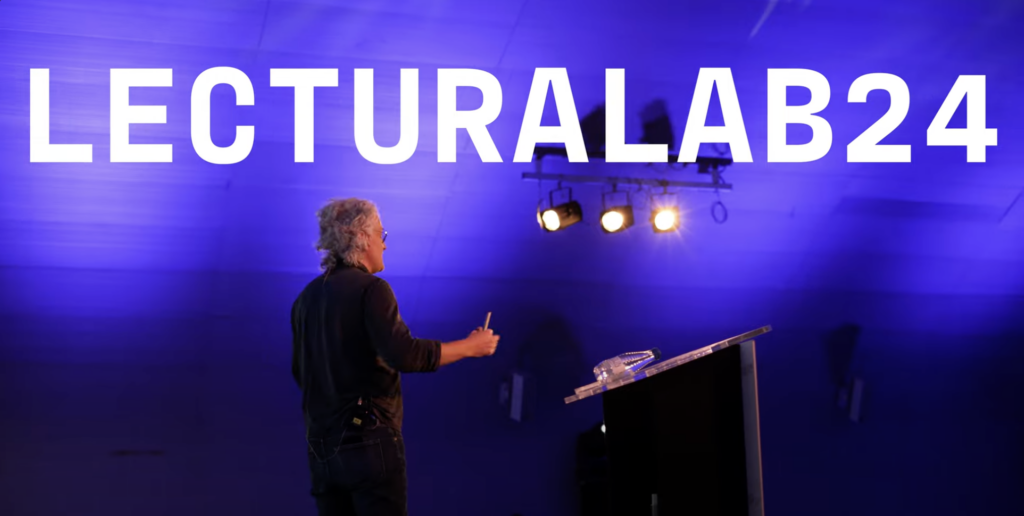In the area of the variables that currently influence the reading experience, Naomi Baron noted, “At its best, reading engages our bodies and our brains. What happens when we bypass one or both of these?” It is very important to reflect and design actions to be able to work with reading in a context where its meaning, formats, functionality, and other aspects have diversified so much that it will be necessary to manage it through a new taxonomy. But this issue can be addressed at another time, because as Scarlett O’Hara said, “After all, tomorrow is another day.”
But if we decide to focus on the impacts of reading – which is the proposal of this text – it’s interesting to remember that J. Gerčar asserted that reading makes us live a fulfilling moment in which the mind is engaged rather than simply passing the time and E. Castano noted that “When we read a novel or watch a film, we are not just entertaining ourselves; we are shaping our thoughts, our feelings, and ultimately our social and political attitudes and beliefs.” In this regard, C. Bläsi was clear in arguing that there is clear empirical evidence that reading helps integrate into society and promotes health and well-being, and F. Barca proclaimed that “access to books and reading is one of the most powerful tools for achieving the Sustainable Development Goals.”
Nevertheless, we see that in the media and political “narrative” the focus is how wonderful thing is to read a book to entertain ourselves during our free time. This is true, but at a time when there is talk of a geostrategic rethinking or even war, an intelligent position would be to promote initiatives that link the promotion of ambitious reading experience or higher-level reading (due to its semantic demands, content complexity, long format, and reflective appropriation) with the strengthening of democratic culture and critical thinking.
The starting point for this discourse is that the greatest asset of any society is its human capital and the convergence of citizens toward common projects, which are chosen in a conscious and deliberate manner.
One of the most profitable things the book industry can do in an elaborate and consistent manner is to build and disseminate a narrative that constitutes a compelling asset for the sector’s advocacy, a realistic and ambitious narrative. To generate this communication for a sort of marketing “internal triggers,” we should rely on solid research on the positive impacts of reading in each of the areas of interest, with demonstrable correlations. Fortunately, we already have a significant amount of scientific and academic work supporting these beneficial impacts of reading on neurological and emotional health, quality of life, creativity, wealth creation, and other topics.
The dual challenge is to promote the production of more research and -based on the consolidation of its results- design a marketing and advocacy resource for policymaking. This should be done with great rigor and with a decided lack of complexes too.
Technology and marketing are two terms not usually linked to promoting reading. However, in the information society we live in, the strategic utility of literacy should not be underestimated as a great human technology, the “inceptional” technology of the rest of the technologies that have flourished since.
The publishing industry itself is a system built as a result of a fascinating technological evolution, which includes the book arts (such as typography, bookbinding or design), plus its incredible capacity to manage more references than any other industry or its evolving logistics, among many other aspects.
Likewise, the industry should evolve key messages for an effective advocacy, based on the diverse positive impacts of reading, and ensure that public policies consider the level of priority for this asset that an intelligent vision of society’s challenges would require.
Literacy and democracy go hand in hand. Especially today we should all fight for a more peaceful, free and literate world – publishers have a crucial role to play here.
GSR Foundation: https://fundaciongsr.org/lecturalab-24-definiendo-los-impactos-de-la-lectura/

